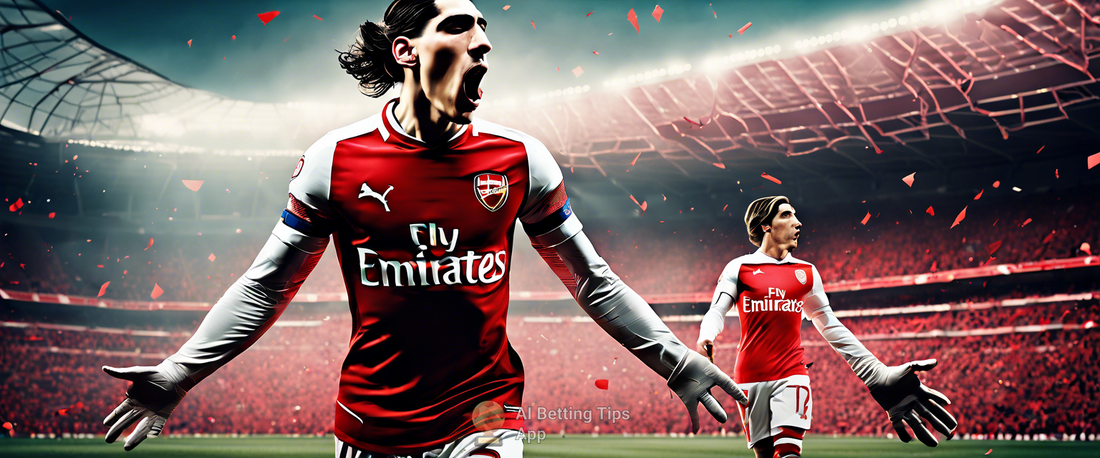
Hector Bellerin: Arsene Wenger's Influence on Football as Art
Share
The Beauty of Football: A Personal Reflection
It was just another cold, wet morning after training at London Colney. I shook the grass off my boots and headed into the boot room like every other day. I left the GPS in the box as usual and sat down to take a breather. Through the glass door, I could hear Mr. Wenger having a conversation. I can't remember who he was talking to, but when The Boss spoke, I always listened.
Words of Wisdom from a Master
These magic words stayed with me through life: "Football is like art, like dancing or writing; it’s one’s self-expression. And that's why it’s beautiful." I'm sure some of you have seen or heard a variation of this same quote somewhere. But trust me, hearing it from the man himself is like comparing fine wine to a San Miguel. The latter being the correct choice, obviously.
A Lesson in Mastery
Playing under him was a masterclass season after season, not so much for what he said but for what he didn't. This was a man who truly believed in what he preached, who created an environment where freedom and self-expression bloomed, allowing players to connect with their own nature and capabilities and develop natural and collective synergies with their peers.
The Evolution of Football
That was more than a decade ago, and since then, football has changed quite a lot. Each new season, the main artists in this show become more and more tampered by technical jargon and statistics. We have big data, fantasy football (which many argue is the single most damaging tool made to individualize a sport), and the outrageous concept of Expected Goals.
Redefining the Game with Numbers
Like all things in life, the game evolves and reinvents itself. We will always want to keep cheering every weekend, even after our team has five defeats in a row on their backs. However, trying to decipher the unpredictability of football through numbers, valuing players for single actions that overlook the real work they do, and developing technologies that leave machines to make decisions for us is a disservice to a sport that is played, watched, and experienced with the most human of emotions—our heart.
A Personal Example
Let me paint the picture for you with a quick and personal example. In my early days as a player, the joy of scoring a goal was not measured by stats but by the celebration with my teammates and the roar of the crowd. That feeling, that human connection, transcended any performance metric. Football was more than just a game; it was a canvas for expressing passion, teamwork, and the sheer love of sport.
Conclusion
As we progress further into an era dominated by data and analytics, let’s hope that the core essence of football—its beauty, its artistic nature—remains intact. Because in the end, football isn’t just about the numbers; it’s about the experience, the emotions, and the beautiful game we all cherish.
For more insightful articles on football and personal stories from the pitch, visit the MUNDIAL website.


